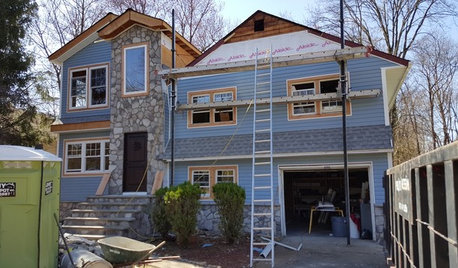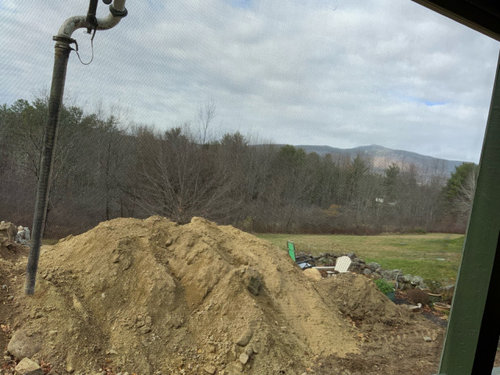what can I do regarding discovery after home purchase?
Virginia Hoffman
last year



Featured Answer
Sort by:Oldest
Comments (31)
jewelisfabulous
last yearRelated Professionals
Los Alamitos Architects & Building Designers · Brighton General Contractors · Elgin General Contractors · Jackson General Contractors · Wailuku Home Stagers · Birmingham Interior Designers & Decorators · Bowling Green General Contractors · Canandaigua General Contractors · Kemp Mill General Contractors · Erlanger General Contractors · Marinette General Contractors · Schertz General Contractors · Mansfield Interior Designers & Decorators · Benbrook Landscape Architects & Landscape Designers · Brooklyn Center Landscape Architects & Landscape DesignersSarah
last yearAlicia
last yearworthy
last yearMo
last yearfunctionthenlook
last yearAlly De
last yearmxk3 z5b_MI
last yearbry911
last yearlast modified: last yearmxk3 z5b_MI
last yearelcieg
last yearlast modified: last yearlittlebug zone 5 Missouri
last yearlast modified: last year3katz4me
last yearVirginia Hoffman
last yearrwiegand
last yearHALLETT & Co.
last yearUser
last yearAlicia
last yearfunctionthenlook
last yearAlicia
last yearsushipup2
last yearfunctionthenlook
last yearJoseph Corlett, LLC
last yeareandhl2
last yearlast modified: last yearRachel
last yearbry911
last yearblueskysunnyday
last yearbry911
last yearlast modified: last yearAJCN
last yearrwiegand
last year
Related Stories

THE POLITE HOUSEThe Polite House: What Can I Do About My Neighbors’ Trash Cans?
If you’re tired of staring at unsightly garbage way before pickup day, it’s time to have some tough conversations
Full Story
MOST POPULAR9 Real Ways You Can Help After a House Fire
Suggestions from someone who lost her home to fire — and experienced the staggering generosity of community
Full Story
HOLIDAYSHow to Get Your Home Back in Shape After the Holidays
Putting your home in order can be a great way to transition from the holiday season to a fresh new year
Full Story
LIFEThe Polite House: How Can I Tell a Construction Crew to Pipe Down?
If workers around your home are doing things that bother you, there’s a diplomatic way to approach them
Full Story
DECORATING GUIDES7 Home Purchases Worth the Splurge
Make buyer's remorse over furniture, textiles and more a thing of the past with this wise purchasing advice
Full Story
HOME OFFICESThe Cure for Houzz Envy: Home Office Touches Anyone Can Do
Borrow these modest design moves to make your workspace more inviting, organized and personal
Full Story
LANDSCAPE DESIGNFire-Wise Landscapes Can Help Keep Your Home and Property Safe
Choose fire-resistant plants and materials and create defensible areas using these design strategies
Full Story
LIVING ROOMSBefore and After: 5 Revamped Living Spaces That Feel Like Home
See how designers make these living rooms more stylish, comfortable and welcoming
Full Story
DISASTER PREP & RECOVERYHow to Make Your Home Safe and Dry After Flooding
Follow this expert advice to get your house ready for rebuilding while you consider your options
Full Story
LAUNDRY ROOMSWhere Can I Hide My Laundry Area?
It’s a case of now you see it, now you don’t with these 10 clever ways of fitting in a laundry zone
Full StoryMore Discussions











bry911